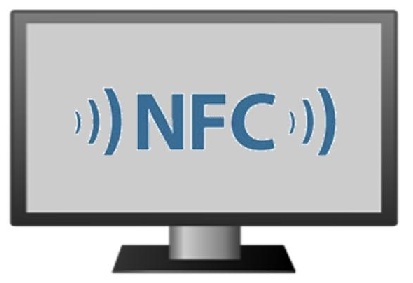 Many companies are adopting this close range connectivity tech for new and surprising reasons.
Many companies are adopting this close range connectivity tech for new and surprising reasons.
Although NFC technology has been receiving the largest amount of attention due to the many massive attempts being made to introduce it to the mobile payments sphere, companies are also finding a number of other unique and helpful uses.
In fact, it is expected that payments may end up being one of the lesser uses.
At a recent large electronics show, several companies – including the event itself – applied NFC technology in a range of different ways. These chips were unveiled in numerous devices and were used for many different purposes. According to the Broadcom CEO, Scott McGregor, “NFC really simplifies things.” His company is a chipmaker that sees considerable value in this tech. He added that “The most advanced technology is stifled if it’s not easy to use. … NFC plays a very valuable role in simplifying user interfaces for consumer products.”
NFC technology is now being used for everything from payments to coupons, tickets, press releases and other data exchanges.
While the focus is primarily placed on mobile payments through NFC technology that would allow smartphones to be used at a point of sale in order to complete a purchase by tapping the device against a reader, the world isn’t quite there yet. It is still quite rare for point of sale terminals to be equipped with readers, which significantly limits the use of the chips, even among those who would be interested and have enabled smartphones.
However, recently, new consumer electronics are being launched that include NFC technology for whole new reasons. Enabled devices aren’t just smartphones anymore. Instead, they include televisions, speakers, refrigerators, cameras, and even business cards. Panasonic, for example, has added a chip to its rice cookers.
This is considerably expanding the possibilities connected with NFC technology. Clearly, it is not simply a one trick pony, and electronics companies are taking it seriously. Though many still expect that it will soon experience explosive use through smartphones, it is evident that device manufacturers of all kinds intend to try to take advantage of its benefits in many new and exciting ways.

 This proposed regulation would allow smartphone users to ask apps to delete their information.
This proposed regulation would allow smartphone users to ask apps to delete their information.